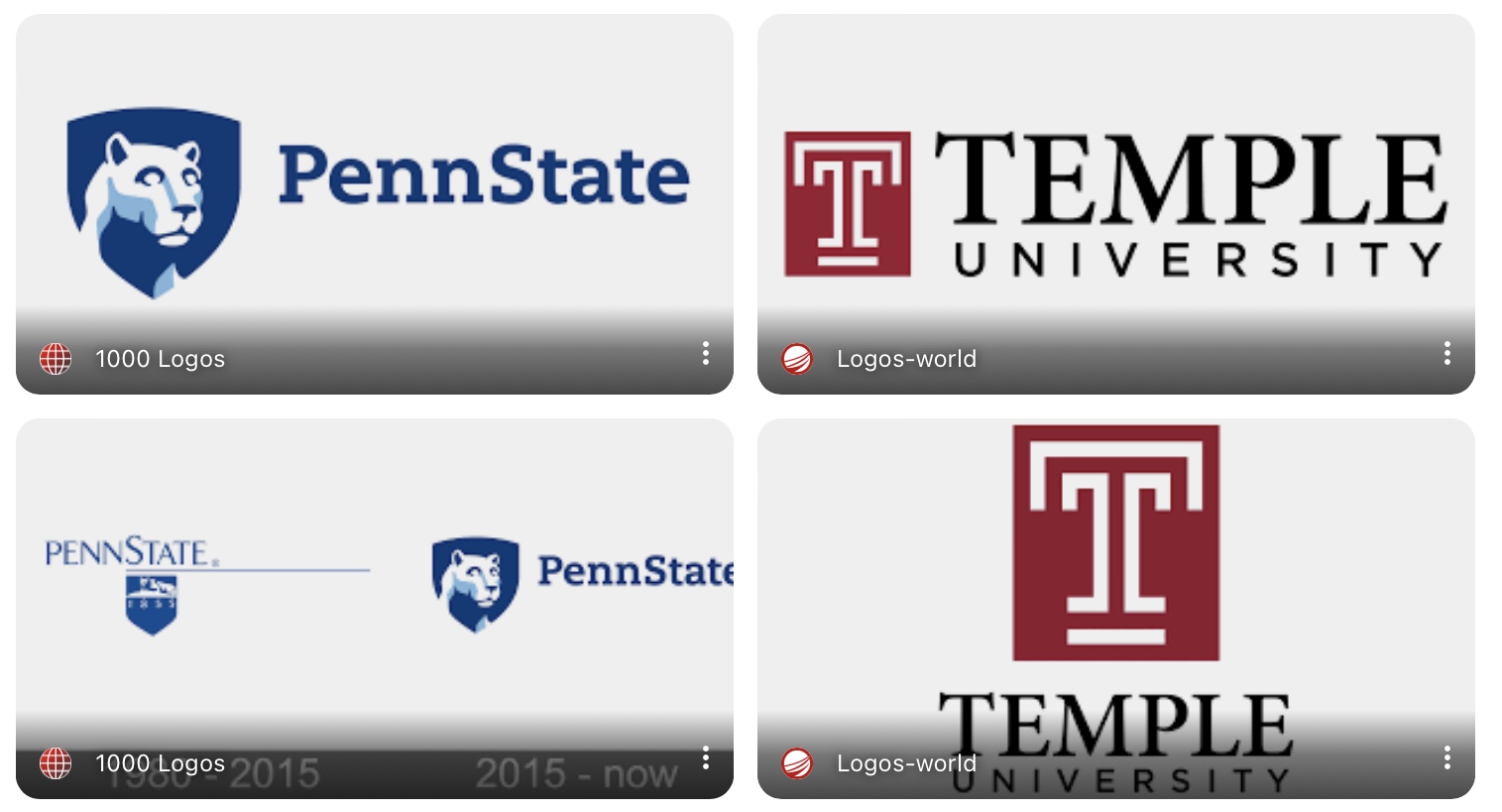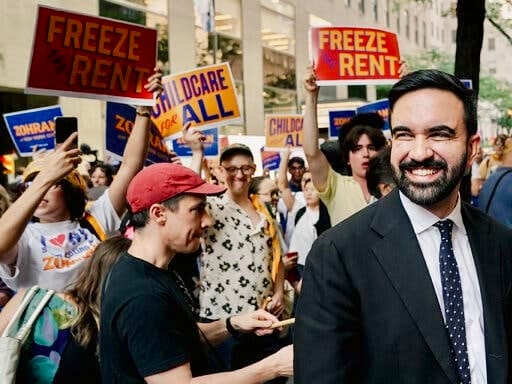A thumb on the scales at 2 universities
A former Penn State Abington faculty member has filed suit against the university claiming, in effect, he was required to cut breaks for minority students, and was let go when he refused to go along with what he called the racist policy.

A faculty group has pushed back against the suit, accusing English teacher Zack K. De Piero of opposing “anti-racist” policies that support Diversity, Equity, Inclusion, and Belonging, adding a B to the usual DEI.
The faculty group told the Inquirer it would make the letter public after a certain threshold was reached.
Why the delay?
The suit against Penn State became public just weeks after the U.S. Supreme Court knocked down race-based affirmative action, a policy dating back to 1961.
I won’t comment on the lawsuit. A jury will decide who is right. What I can do is comment on a Temple University policy in effect in the mid-70’s when I was an adjunct lecturer there, teaching news writing. (An adjunct is a part-time freelancer with no benefits, no tenure, no rights.)
The pay was piddling. I took the gig because I believe in, in the words of a friend, leaving change on the table. In other words, paying back for some breaks I had received, such as an education at a city college in Brooklyn, which attracted a working-class student body, just like at Temple. I felt right at home, and immediately became a faux alumnus. I am an owl in my heart.
I don’t recall the year exactly, I believe 1976, when a memo went around to faculty, to the effect that students had to be given the grade they earned.
Huh? That’s what I always did, so what does that mean, I asked the Temple administrator who was my boss?
She said that meant no social promotions.
And what does that mean, I asked?
The policy meant, maybe to compensate for years of bigotry against them, Black students were to be passed, even if their grades didn’t warrant it.
No matter how well intended, the policy had serious unintended consequences.
Does the name John Bunting ring a bell?
One John Bunting was a linebacker with the Eagles from 1972-1982, and played in the 1980 Super Bowl.
The other John Bunting was a Temple alumnus who rose to become CEO of First Pennsylvania Bank, (now part of Wells Fargo), that he turned into a banking powerhouse. He had two degrees from Temple, a BA and a masters, and when he talked, Temple trustees listened.
Temple revoked its social promotion policy, I was told, because of this anecdote.
Bunting reportedly told trustees that the social promotion policy resulted in graduating students who could not fill out a First Pennsylvania Bank employment form.
“You are destroying the reputation of Temple University,” he reportedly said. “Our diplomas mean nothing.”
Bunting died a few years back, so I can’t verify this with him. I’m not sure if anyone there then is still there now, and I doubt they would admit it.
But it has the ring of truth to me.
And that’s when the well-intended, but destructive, social promotion policy was reversed.
It probably had an immediate, adverse impact on some Black students, but led to other programs to help pull them up to grade, such as tutoring.
I do know Temple did offer remedial English courses for students — mostly from “urban” Philadelphia high schools — who needed them. It helped them catch up on the education they had been cheated out of in high schools that also employed social promotions.
Remedial courses and tutoring were a better, more effective, and less demeaning, policy than passing along unqualified students until the real world brought them back to earth with a thud.
Temple found a thumb on the scale helped no on in the long run. Penn State may learn the same, if a jury finds against it.



